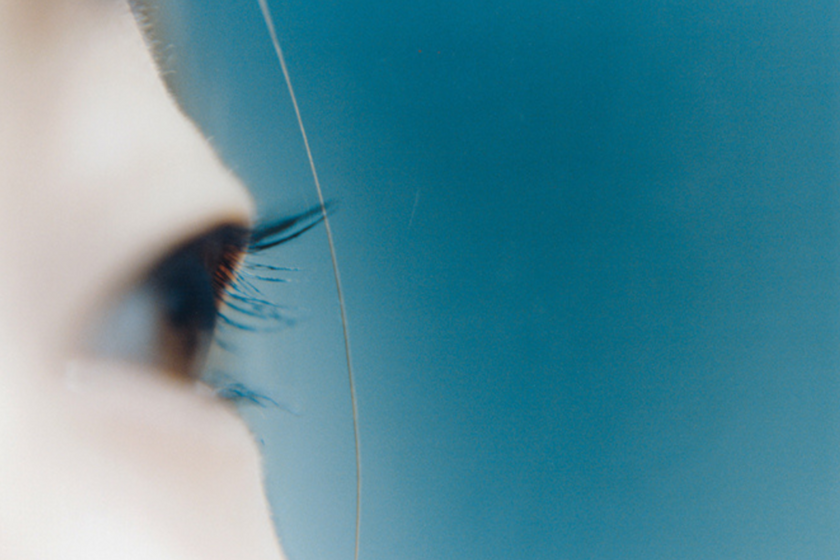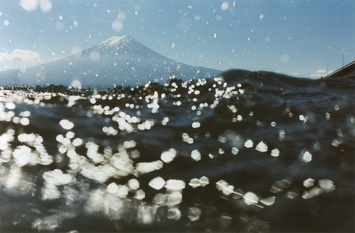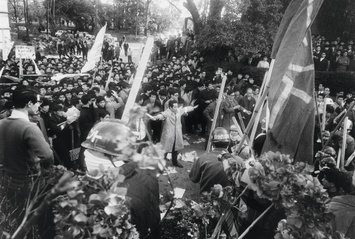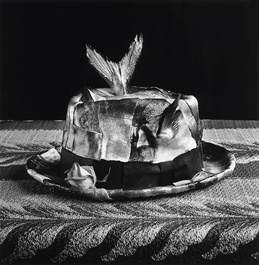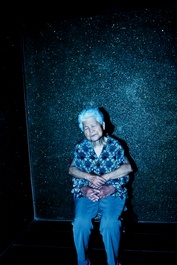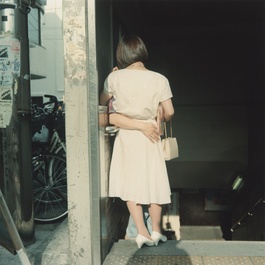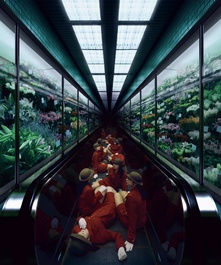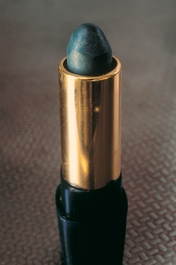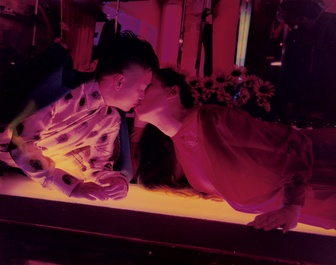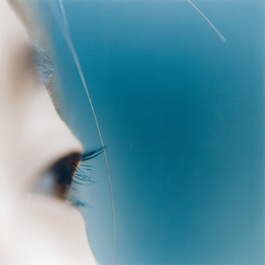18 January 2025 - 5 May 2025
The influence of women within Japanese photography has been highly underestimated. This oversight is corrected in the exhibition I’m So Happy You Are Here – Japanese Women Photographers from the 1950s to Now.
While the work of male Japanese photographers has received much attention in the West in recent decades, their women colleagues have remained under the radar until now. This exhibition provides the first major platform for the work of 26 Japanese women photographers whose highly creative and experimental work offers a new perspective on Japanese society and culture: a woman’s point of view.
Japanese women photographers have tackled a range of topics, from their position within society to the discovery of transcendence in everyday scenes. Many of the photographers featured in this show use their personal stories to explore the role of women, to question issues of gender and identity, and to critique patriarchal norms. Often, the isolated position of Japanese women artists seems to have given them the freedom to push aside traditional photographic conventions and to fully embrace experimentation.
Exhibition
While not aiming to be exhaustive, the exhibition provides a basis for an in-depth examination of the contributions of Japanese women to photography. And for many visitors, it will be an introduction to Japanese women’s perspectives on their position within society. The historical and contemporary photographs displayed in the exhibition shows the work of the pioneering women and highlight three important themes: observations of everyday life, a critical view of the social position of women, and an experimental approach to the photographic form.
In the first gallery the exhibition explores the work of pioneering women who claimed their position in the male-dominated world of photography in the 1950s and beyond, including Watanabe Hitomi, Okanoue Toshiko and Yamazawa Eiko.
Several of the featured photographers succeed in creating extraordinary images from seemingly unremarkable moments. For example, after the birth of her child, Ushioda Tokuko photographed household appliances, with the refrigerator representing an intimate glimpse into her own and others’ private lives. In the series Mothers by Ishiuchi Miyako, quotidian objects such as a lipstick take on an emotional charge when we learn that they belonged to her recently deceased mother, with whom she had a troubled relationship.
Questioning cultural and societal assumptions about the role of women is a constant in the work of many of the photographers in the exhibition. Tokiwa Toyoko’s groundbreaking images from the 1950s and 1960s shows women in a variety of roles, from sex workers to nurses, challenging prevailing views of ”women’s work”. By contrast, Yanagi Miwa presents women in staged, colourful compositions as homogenized figures who conform to society’s norms, stripped of their individuality and voice.
The exhibition also highlights the experimental nature of Japanese photography. For example, the contemporary artist Katayama Mari showcases a series of self-portraits framed within elaborate installations that proudly showcase her prosthetic legs and cleft hand. Instead of concealing her physical differences, she elevates her body to a form of sculpture, which she amplifies through photography.
Publication
The exhibition is accompanied by the publication I’m So Happy You Are Here: Japanese Women Photographers from the 1950s to Now, edited by Lesley A. Martin and Pauline Vermare, with additional contributions by Carrie Cushman and Kelly Midori McCormick, and Takeuchi Mariko, among others. The book is published by Aperture and can be purchased in the museum shop (English, 439 pages, ISBN 978-1-59711-553-7)
Featured photographers
Hara Mikiko (1967), Hiromix (1976), Ishikawa Mao (1953), Ishiuchi Miyako (1947), Katayama Mari (1987), Kawauchi Rinko (1972), Komatsu Hiroko (1969), Kon Michiko (1955), Nagashima Yurie (1973), Narahashi Asako (1959), Ninagawa Mika (1972), Nishimura Tamiko (1948), Noguchi Rika (1971), Nomura Sakiko (1967), Okabe Momo (1981), Okanoue Toshiko (1928), Onodera Yuki (1962), Sawada Tomoko (1977), Shiga Lieko (1980), Sugiura Kunié (1942), Tawada Yuki (1978), Tokiwa Toyoko (1930-2019), Ushioda Tokuko (1940), Watanabe Hitomi (1939), Yamazawa Eiko (1899-1995) and Yanagi Miwa (1967).
The exhibition is curated by Lesley A. Martin, Takeuchi Mariko and Pauline Vermare and is produced by Aperture in partnership with Rencontres d’Arles, with support from Kering | Women In Motion, Ishibashi Foundation, Anne Levy Charitable Trust, and 1970 Japan World’s Exposition Memorial Fund. Production coordinated in Japan by Masako Sato, Contact, Tokyo.
About Aperture
Aperture is a nonprofit publisher that leads conversations around photography worldwide. From its base in New York, Aperture connects global audiences and supports artists through its acclaimed quarterly magazine, books, exhibitions, digital platforms, public programs, limited-edition prints, and awards. Established in 1952 to advance “creative thinking, significantly expressed in words and photographs,” Aperture champions photography’s vital role in nurturing curiosity and encouraging a more just, tolerant society. For more information, visit aperture.org




